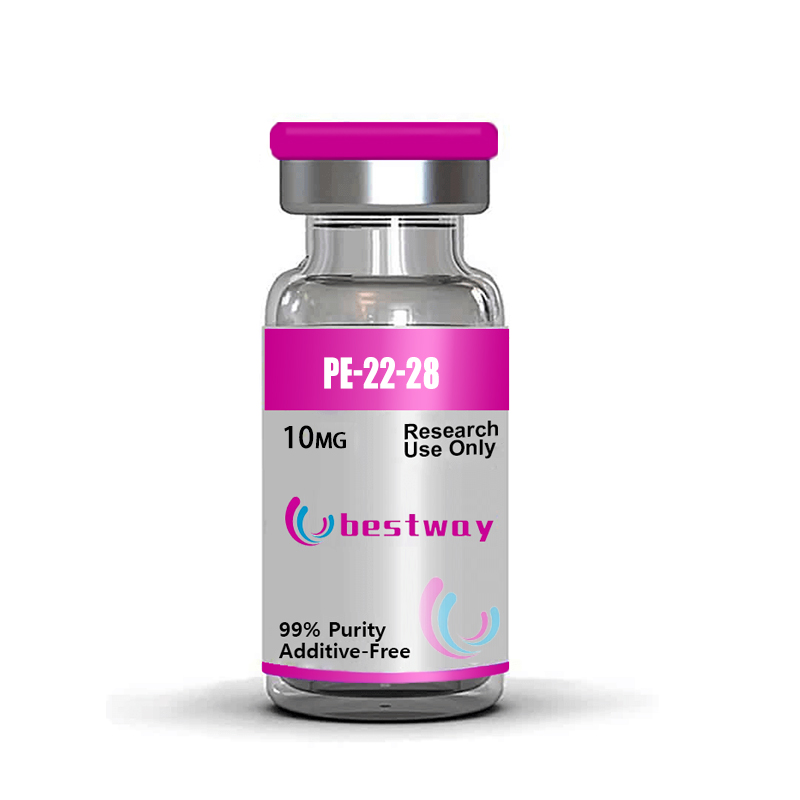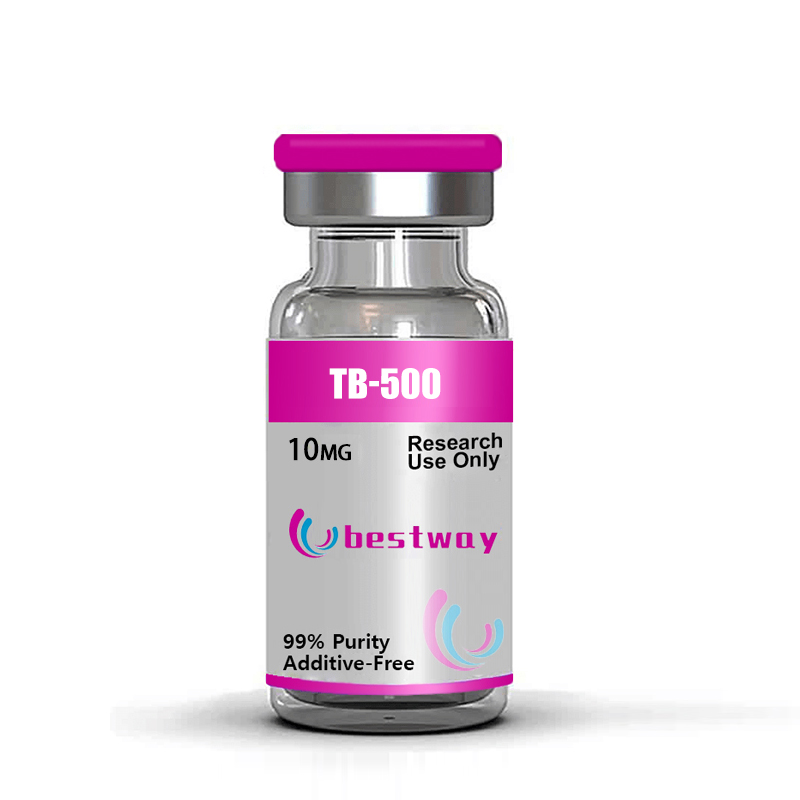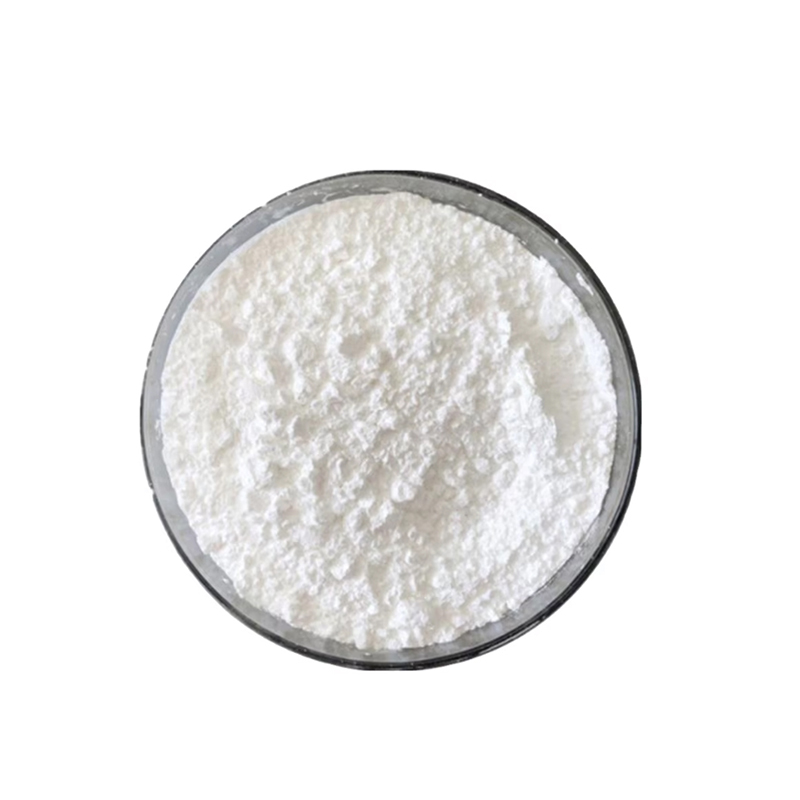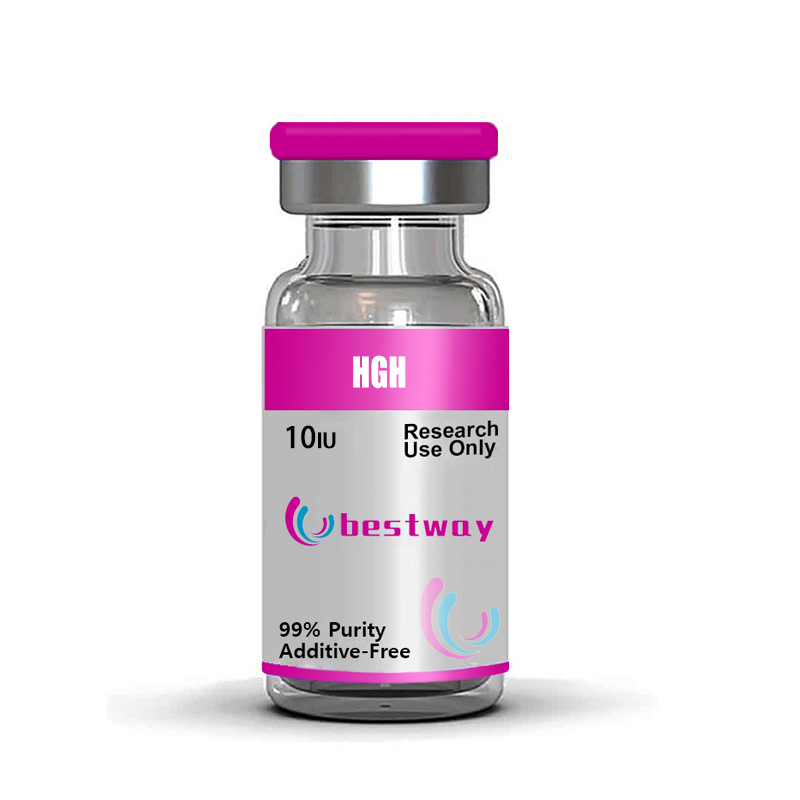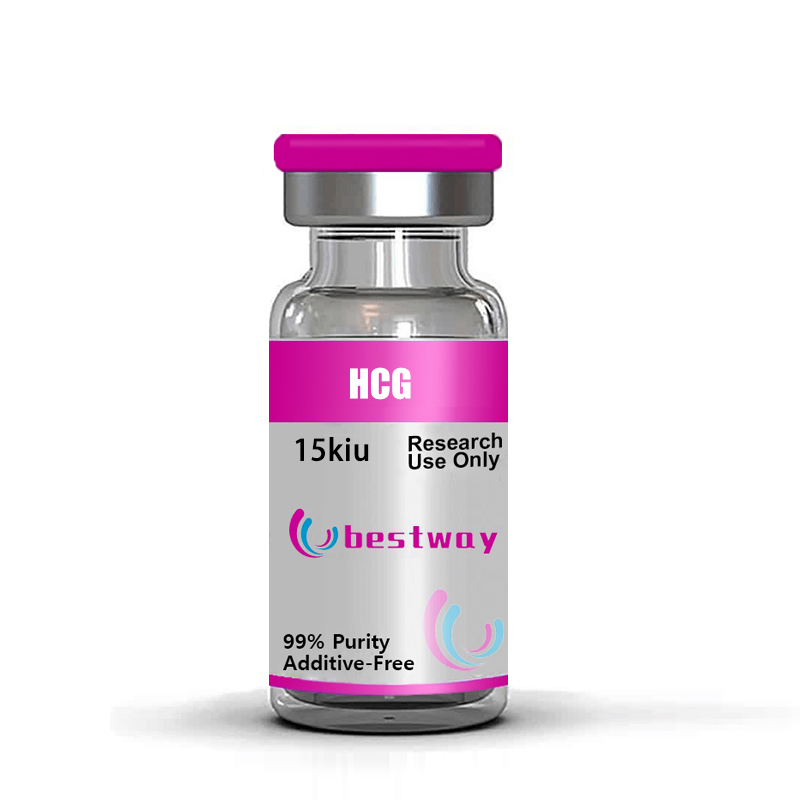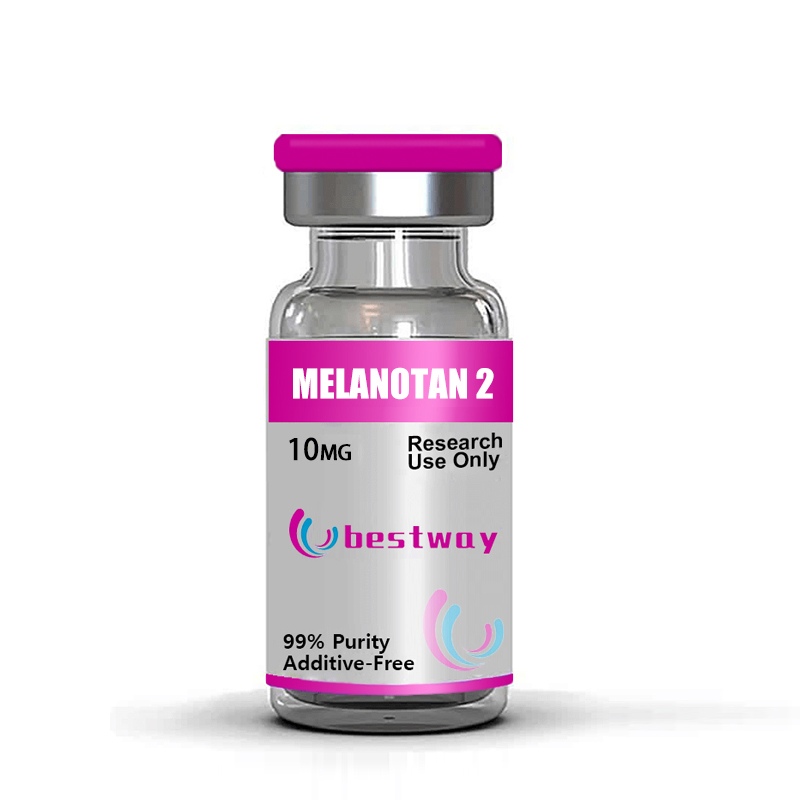PE-22-28 Research
PE-22-28 is a synthetic derivative of the naturally occurring peptide Spadin, which binds to TREK-1, a protein found in areas of the brain that control mood, memory, and learning. It is being investigated for its potential benefits in treating depression, improving memory and learning, aiding stroke recovery, and potentially combating neurodegenerative diseases such as Alzheimer’s.PE-22-28 and Treatment of Depression
PE-22-28 has shown promising results in the treatment of depression. The peptide specifically blocks the TREK-1 channel, a mechanism that has been linked to antidepressant activity. In comparison to spadin, PE-22-28 has demonstrated better specificity and affinity for the TREK-1 channel, with an IC50 (half maximal inhibitory concentration) of 0.12 nM versus 40-60 nM for spadin.In behavioral models of depression, such as the forced swimming test, mice treated with PE-22-28 showed a significant reduction in immobility time, indicating an antidepressant effect. Furthermore, PE-22-28 was found to have improved in vivo stability and bioavailability compared to spadin, maintaining its activity for up to 23 hours instead of 7 hours.

PE-22-28 Stimulates Neurogenesis and Synaptogenesis
PE-22-28 and Post-Stroke Recovery
PE-22-28 May Improve Muscle Function


